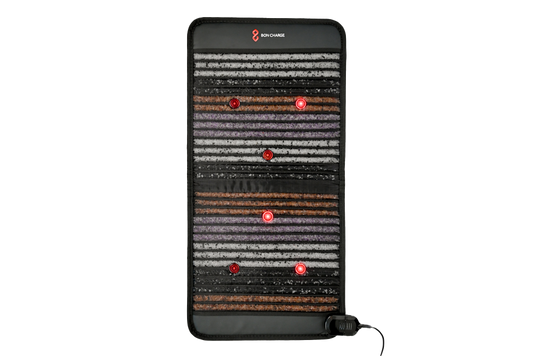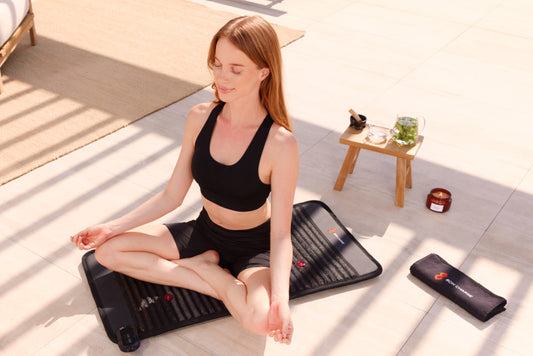5 Facts To Improve Your Sleeping Habits
Tahnee Streatfeild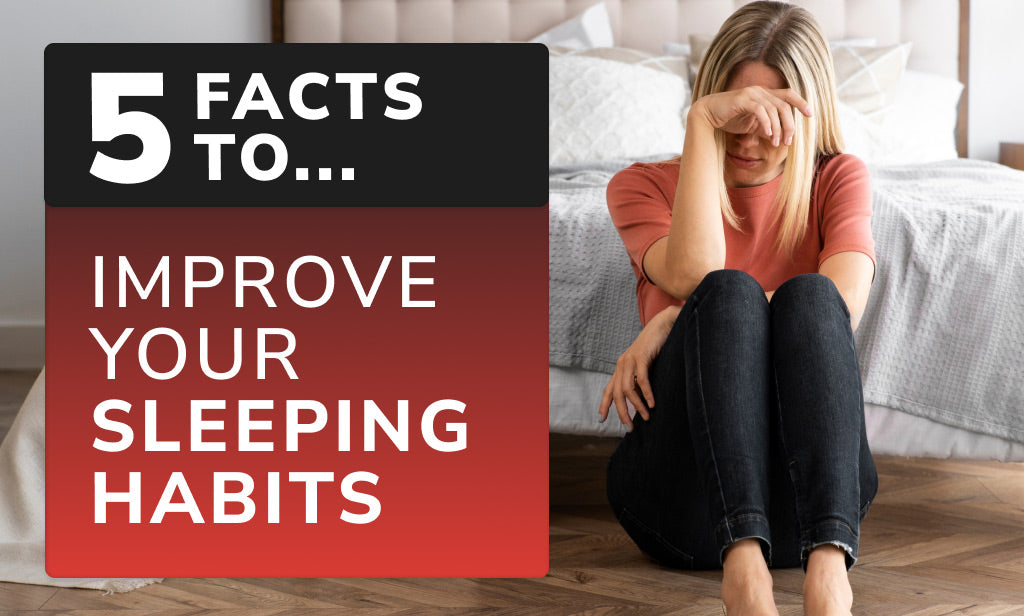
We all know sleep, like the air we breathe, is essential for our wellbeing. Without a proper sleep schedule, we suffer greatly.
Experts have repeatedly warned us about the dangerous, long-term effects of not getting enough rest. Unfortunately, many of us still don't get the daily amount required. With the busy and demanding lives we lead it's becoming harder to justify a solid eight hours.
There are a few more important things to know. So, here we have provided five fun and useful facts to get you thinking about your current sleeping habits.
Fact 1: Before 1879, most people slept 10 hours each night
Today, on average, people get 7 hours of sleep per night.
This is all because of Thomas Edison and his invention of the lightbulb.
Now, we're in a constant state of artificial brightness, bathing in blue light after sunset. We're staying up later as a result. We no longer follow the natural cycle of the sun/moon and our body clocks are misaligned. We struggle to rest and suffer a great deal of issues as a result.
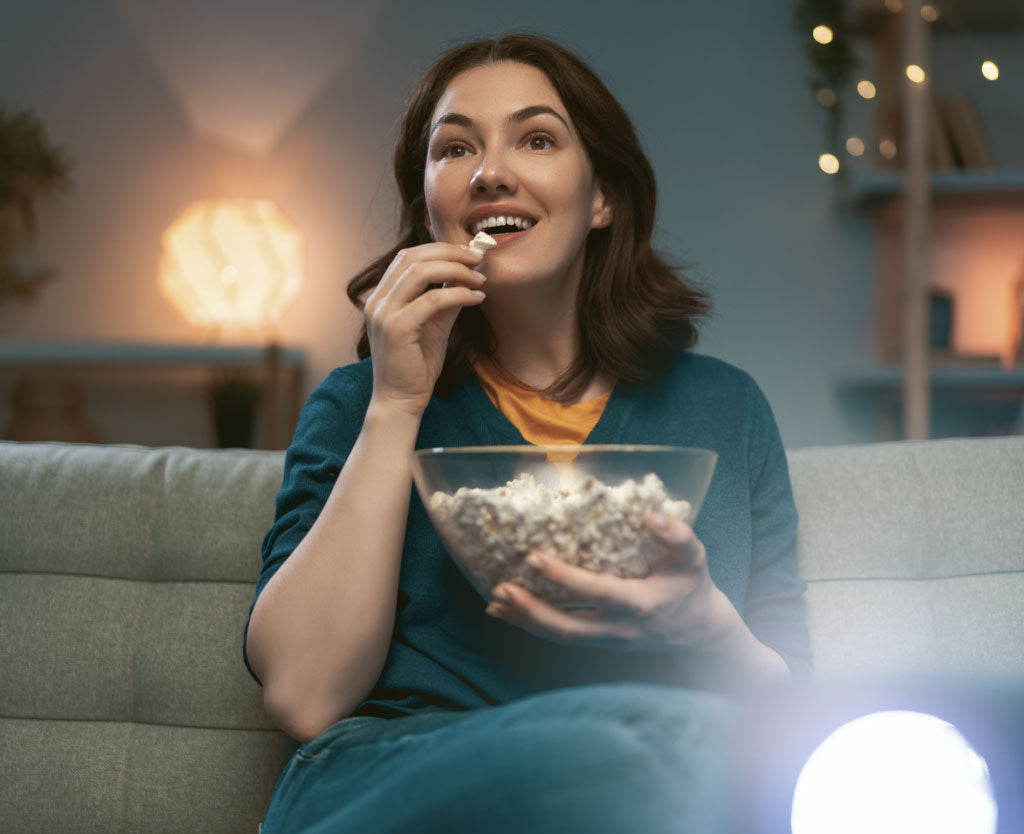
Without light, we'd struggle to get much done after sunset. However, there are far better options out there.
You can take control of your lighting situation and take back your sleep with Blue Light Blocking Light Bulbs.
Fact 2: The natural alarm clock is not a myth, nor a super power
It's actually a burst of a certain stress hormone. The "natural alarm clock" refers to the ability to wake up more or less when you want to. Researchers say this reflects an unconscious anticipation of the stress of waking up.
This natural response is largely due to your body's internal clock and the influence of light. Too much artificial light at night can delay your natural wake-up cycle. This then makes it difficult to wake up early without an alarm.
Blue light exposure in the evening can be especially disruptive. This is usually from scrolling on your phone or watching tv. Support your natural sleep-wake cycle with a pair of Blue Light Blocking Glasses while using your devices. You too, might be able to ditch the alarm clock.
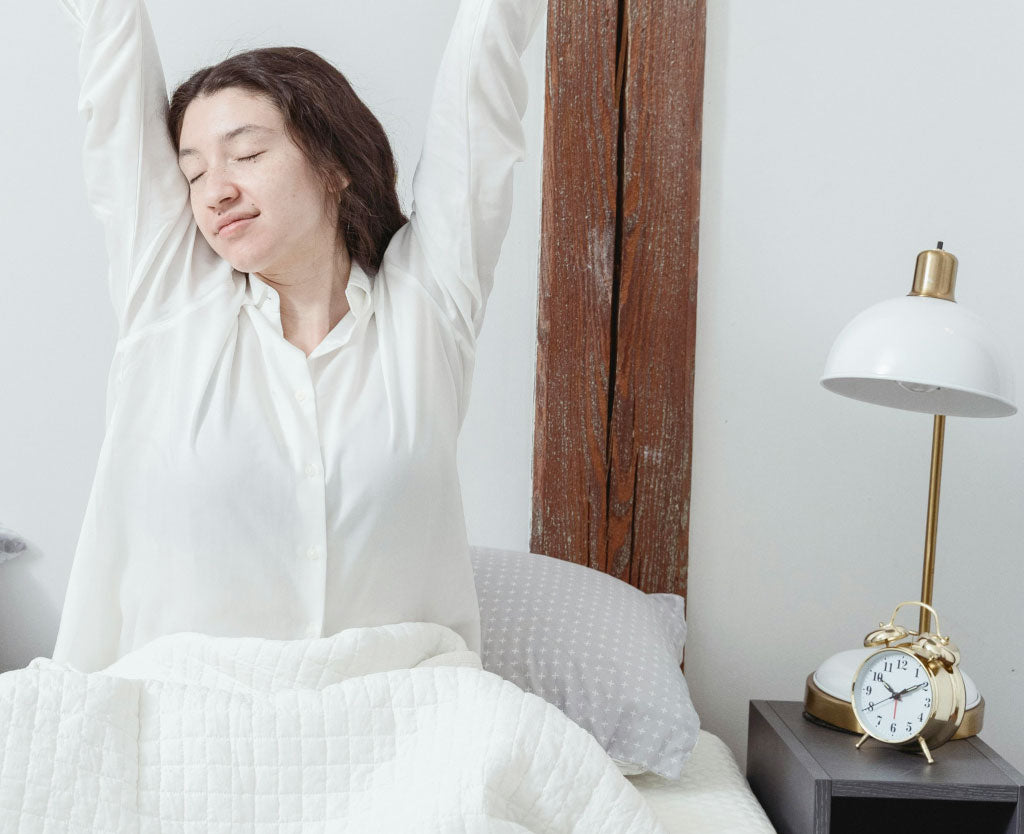
Fact 3: You have probably taken a nap lasting 3 to 30 seconds without knowing it
Even scarier, this most likely happened with your eyes open. This is referred to as an "microsleep".
A microsleep can occur anywhere, such as at work, in the car, or while watching TV.
Inefficient sleep increases the risk of experiencing a microsleep. This can happen if you work a night shift, have insomnia or just don’t get enough quality sleep.
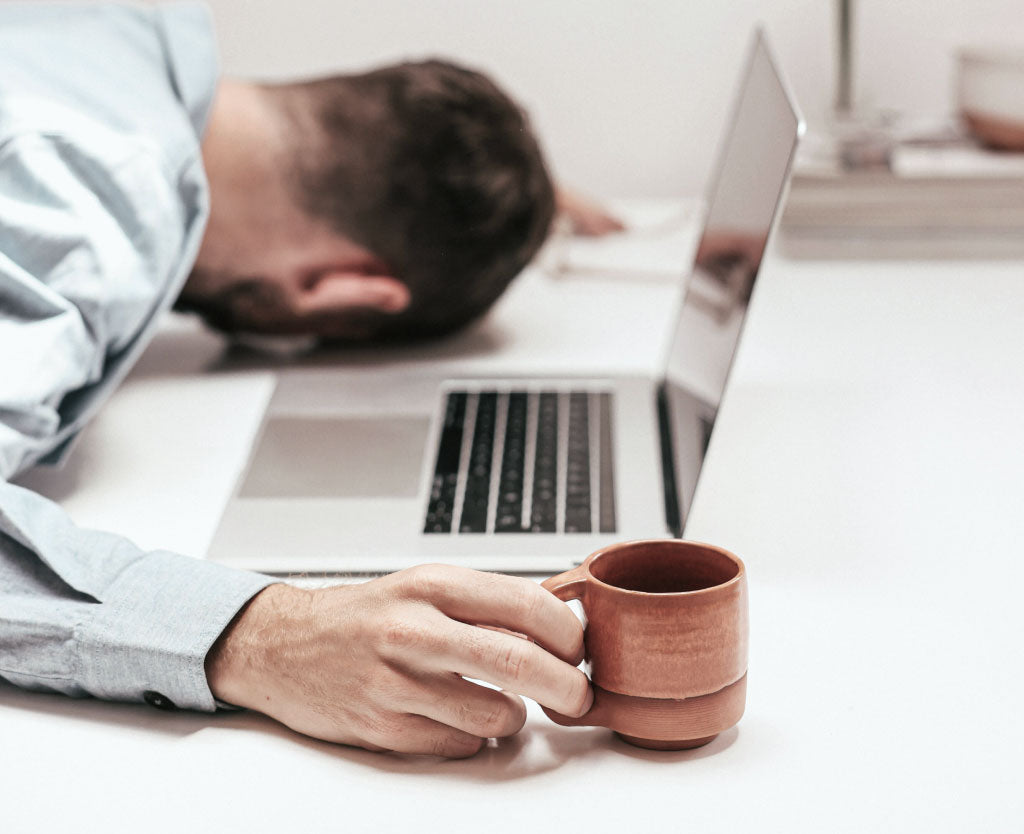
Fact 4: If it takes you less than 5 minutes to fall asleep at night, it means you're sleep deprived
Are you feeling sleepy and passing out as soon as your head hits the pillow? Although this sounds appealing, it actually indicates that your sleep isn't as good as you think it is.
Research says that 1 in 3 adults in the United States suffer from a limited amount of sleep.
Most people fall asleep within 15 to 20 minutes of lying down. When you're deprived, you'll fall asleep faster than someone who's well rested.
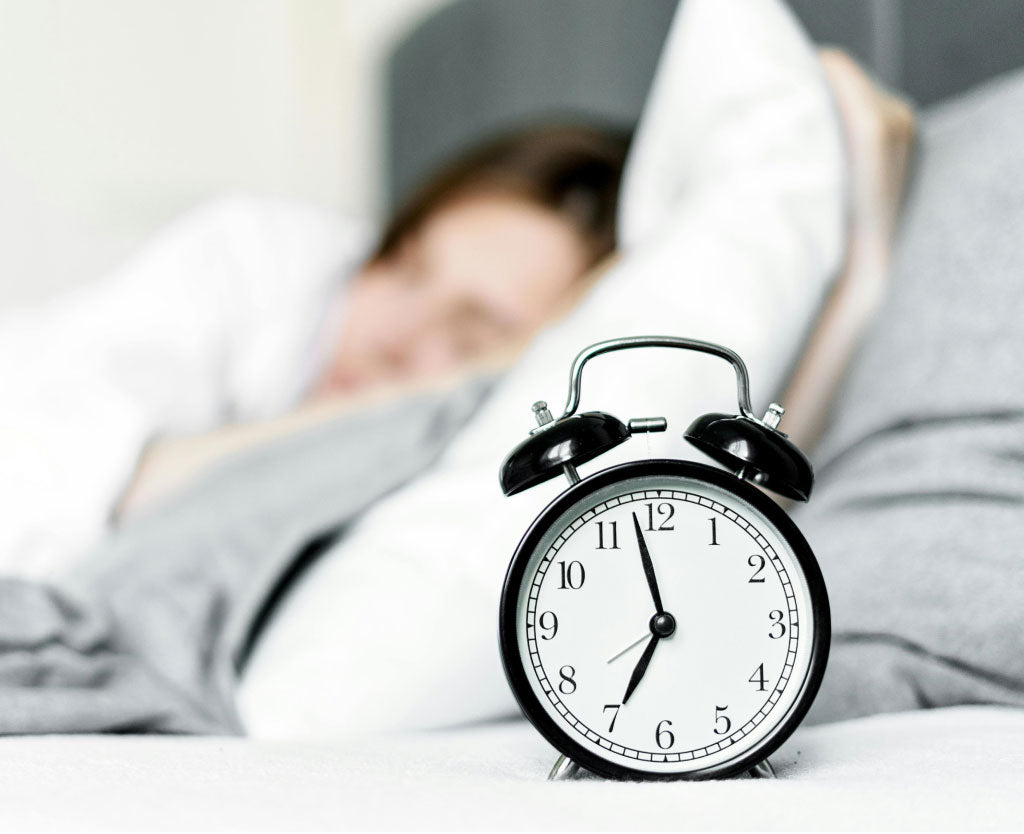
Fact 5: You get less REM (Rapid Eye Movement) Sleep as you age
REM is important because it stimulates the areas of your brain that help with learning and memory.
Adults spend up to 25 percent of their time asleep in REM sleep, and that percentage goes down as we age. To increase your REM, you need to get more sleep overall.
Spending 20 minutes on a PEMF Mat can be a great addition to your wellness routine to help improve your deep sleep. By using a setting between F1-F3 during meditation or while lying on the device, you can sync your brain's Delta waves. This helps you fall into a deep, restful sleep.
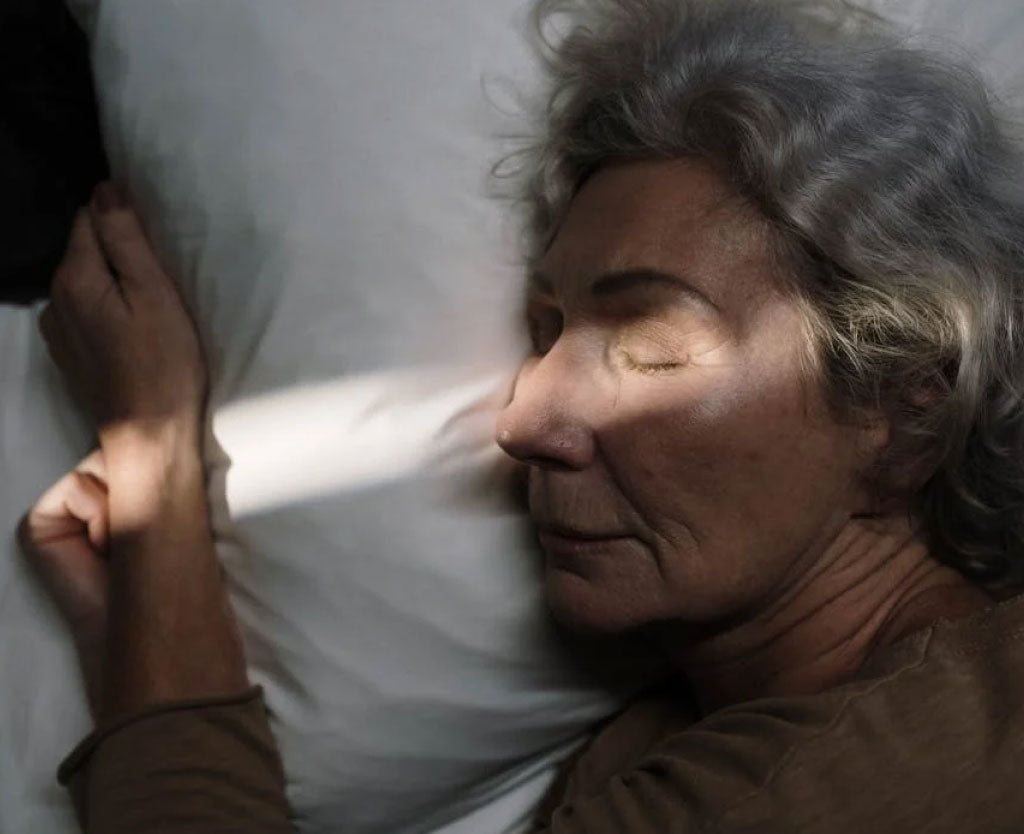
Conclusion
The facts show us modern day sleeping is suffering but this doesn't have to be the case. A simple change to your sleep routine can make a long lasting difference.
Enjoyed what you've read? Why not sign up for the latest wellness tips - delivered directly to your inbox.
This content is for informational purposes only and does not constitute medical advice. Products mentioned are not intended to diagnose, treat, cure, or prevent any medical condition. Individual experiences may vary.





